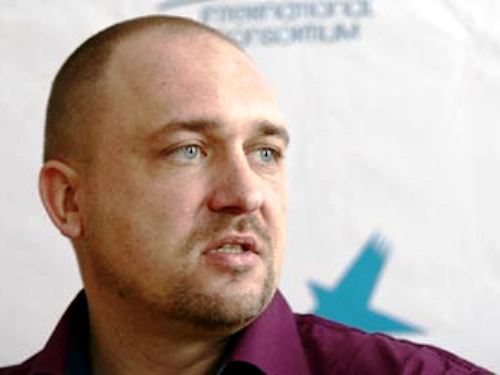Poland and Germany were both initiators and drivers of a New Eastern policy linked to the Eastern neighborhood and Russia/Soviet Union.
Year in and year out

Our country, our region, and each of us leave a period of a calendar year behind us. What was so particular about the last year?
Ukrainian hopes
Of course, Ukrainian events were the main focus of attention not only for Belarusans but also for the biggest part of the world. Alongside with the resolution of our neighbor’s independence a drama is happening at Ukraine’s territory; a drama of greatest significance for defining the fates of most post-Soviet countries related to the European space that has lately been referred to as “the Eastern Partnership region”. Despite the massed and multilayer information war and the usual unreadiness to the new challenges, we have all been witnesses of a paradoxical and at the same time natural process of a new De-sovietization wave.
In Belarus, Ukrainian events have a specific nonlinear echo. Of course, we are the witnesses of another wave of Belarusization that is consciously pragmatic in contrast to the romantic renaissance of the late 1980s. Both state actors and motivated groups of civil society experienced the demand for return to the question of identity.
Belarusan inconsistency
If compared with the Ukrainian developments, Belarusan situation can be characterized as a “standstill”. Despite the financially controlled excitement during the last few weeks, this year our country clearly lacked drive and motivation to intentional development, which, though, has been happening for more than a year hiding under the image of “stability” and keeping “status quo”.
Current state of affairs in our country is characterized by the dying out old forms and cultivation of new approaches to development in the sphere that the state is unable to control. A symbolic, contracting, and interesting example of “new and old” can be a crisis in EHU and continuing positive development of the Flying University project.
Rethinking European values and importance of Eastern European cultural and political area
Obviously, traditionally thoughtful and reflexive Europeans have faced with absolutely new reality of strategic competition with Russia. Europe didn’t want that and tried to escape direct confrontation in every way, using traditional inclusive, infrastructure, and pragmatic instruments, but unsuccessfully. Eastern opponent clearly and unambiguously made the situation black-and-white, thus making European politicians, analysts, and intellectuals strain their brains and find new interpretations.
Overcoming the fear for new confrontations, Europe is elaborating its own stance and a habit to live in the state of competition with a different civilization option that is much more simple and primitive in its offer. The process isn’t finished yet, but it is moving towards the right direction. Western world now has a clearer understanding of Putin’s threats that stretch far beyond regional pretenses. It is most likely that in the near future we will witness a birth of a new European doctrine re Eastern Partnership region.
From year to year we transfer our hopes for the better without losing optimism and believing in common European happy future for our countries and peoples. Let this transfer to 2015 bring all us irreversibility of changes to the better and bright emotions that would manage to carry Belarusan society with them.
A happy New Year!
Others
-
Uladzimir Matskevich: The sooner the "Union State" is denounced, the better for Belarus
Not only does the “Union State” undermine the establishment of civilized relations with Europe, but it hinders the possibility of normal relations between Belarus and Russia.
-
Uladzimir Matskevich: The regime can no longer control the situation in the country
The authorities are unable to prolong the social contract with the people: there is no way out of the social crisis.
-
Press release of the BNP in connection with the next round of the dialogue in the format of the EU-Belarus Coordination Group
Belarusan National Platform of the Eastern Partnership Civil Society Forum welcomes the dialogue process in the format of the EU-Belarus Coordination Group, the third round of which was held in Minsk on 3-4 April 2017.
-
Hennadiy Maksak: Europe must react adequately to the events in Minsk
A new wave of political repressions should make the EU return to tougher policy towards the Belarusan regime.








Comments
From farewell to a new Eastern policy and towards a new development
Poland and Germany were both initiators and drivers of a New Eastern policy linked to the Eastern neighborhood and Russia/Soviet Union.